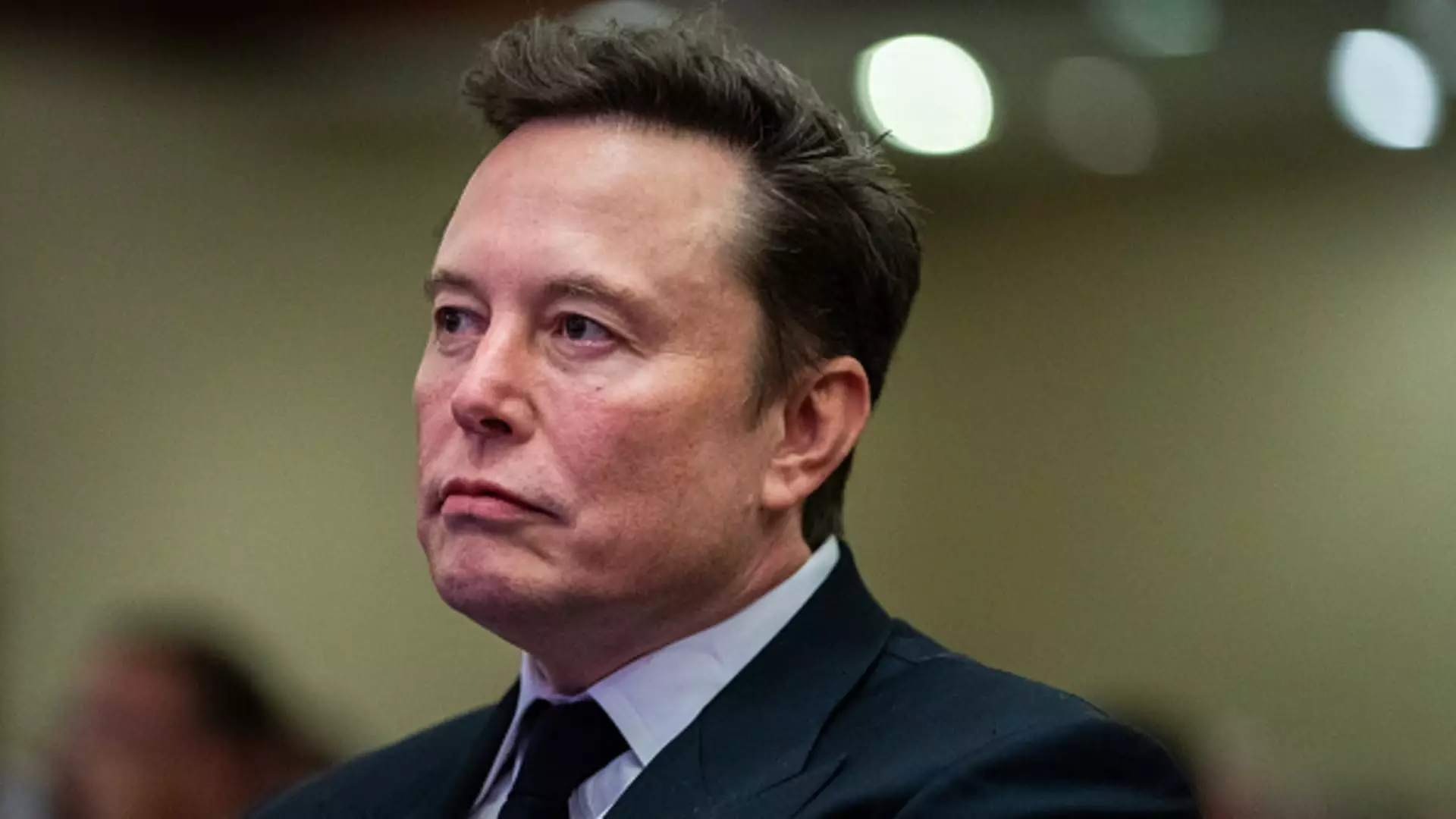Elon Musk’s endeavors in the realm of artificial intelligence continue to draw significant attention, especially with the announcement of xAI’s ambitious funding round aimed at acquiring up to $6 billion. Valued at a staggering $50 billion, this funding is predominantly derived from sovereign wealth funds in the Middle East, contributing about $5 billion, with an additional $1 billion coming from other investors, some of whom are looking to reaffirm their earlier investments. This substantial influx of capital is not merely for operational costs but is specifically earmarked for the procurement of 100,000 Nvidia chips. Such an investment highlights the increasing reliance on advanced hardware in AI development, particularly for computationally intensive tasks like machine learning.
The Memphis Supercomputer and Its Implications
At the heart of this investment is the new Memphis supercomputer, which will play a critical role in powering Tesla’s Full Self-Driving (FSD) technology. The interplay between hardware advancements and software efficiency is essential in the fast-evolving field of AI. As xAI transitions from theory to practice, the acquisition of state-of-the-art computing resources is fundamental in enhancing the capabilities of its products, including innovative applications for autonomous driving. The competitive landscape of AI-driven technologies underscores the need for cutting-edge infrastructure, particularly as Musk aims to position xAI as a formidable competitor against established giants like OpenAI and Google.
In November 2022, xAI made headlines with the launch of Grok, a chatbot whose design draws inspiration from the beloved science fiction series “The Hitchhiker’s Guide to the Galaxy.” This addition to the AI ecosystem was purported to have been trained over a mere two months, enabling it to have real-time internet knowledge. By offering a unique narrative-driven interface, Grok aims to carve out a niche among its competitors, including ChatGPT and Anthropic’s Claude. The evolution of conversational AI represents a key battleground for xAI as it seeks to establish itself in an already crowded marketplace. Moreover, Musk’s departure from OpenAI in 2018 following disputes with co-founder Sam Altman adds an intriguing layer to the competitive dynamics as Musk’s vision for xAI unfolds.
Against the backdrop of political changes, the implications for Musk’s ventures in AI take on additional significance. With Donald Trump poised to enter the presidency again, Musk has shown a willingness to collaborate with the anticipated administration, particularly concerning tech and artificial intelligence policy. This alignment with political leadership could provide xAI favorable conditions for growth and regulatory support, potentially influencing the trajectory of AI development in alignment with Musk’s objectives. As governments worldwide grapple with the implications of AI technology, Musk’s proactive stance indicates a strategy to position xAI favorably as a leader in this transformative field.
Elon Musk’s xAI is not just about technological advancements; it is emblematic of a broader vision that connects innovation with substantial financial backing and political strategy. With a mission to “understand the true nature of the universe,” the company stands at the crossroads of possibility and competition, fiercely contending for leadership within the rapidly evolving AI landscape.


Leave a Reply